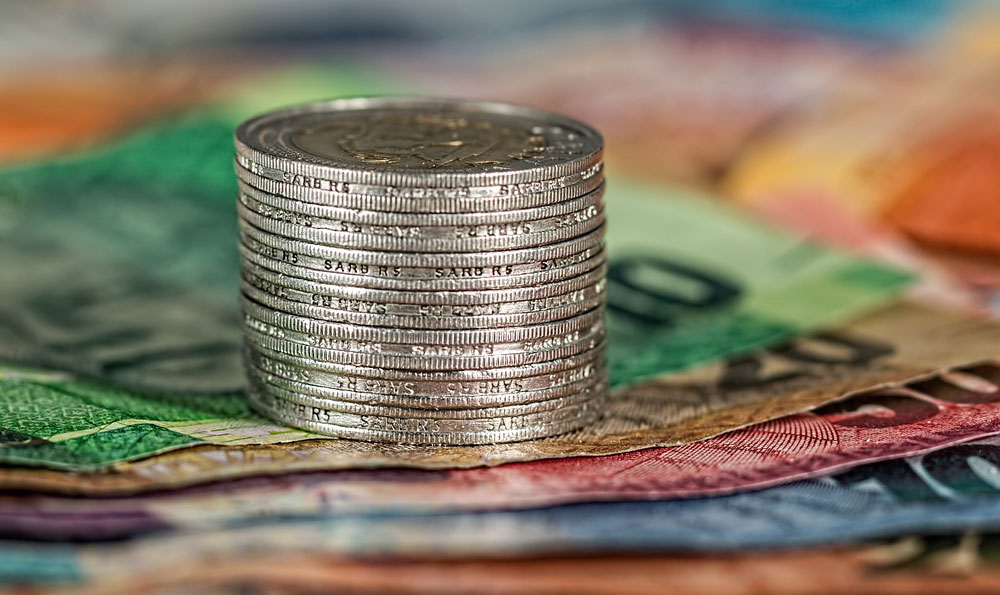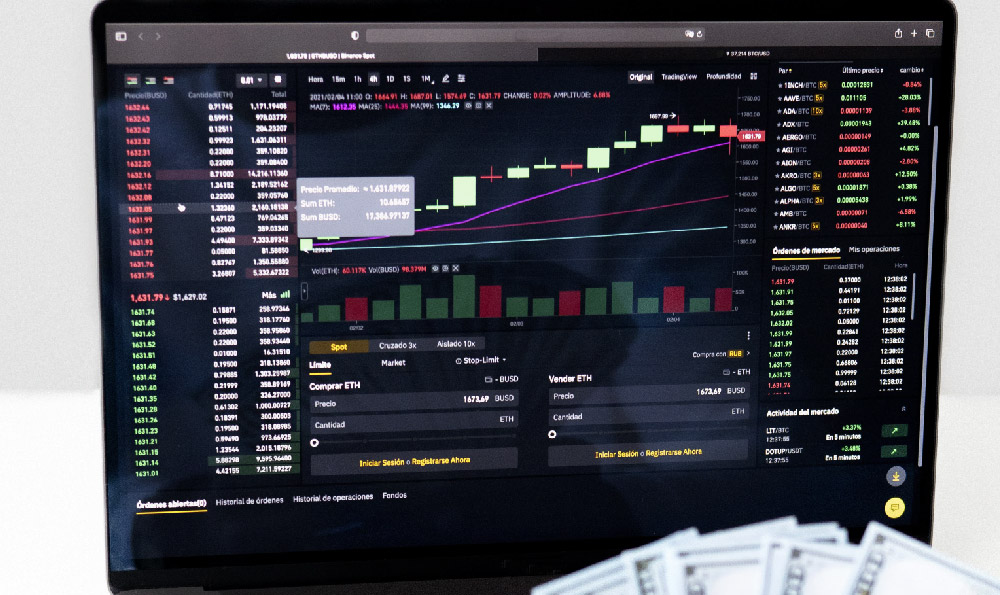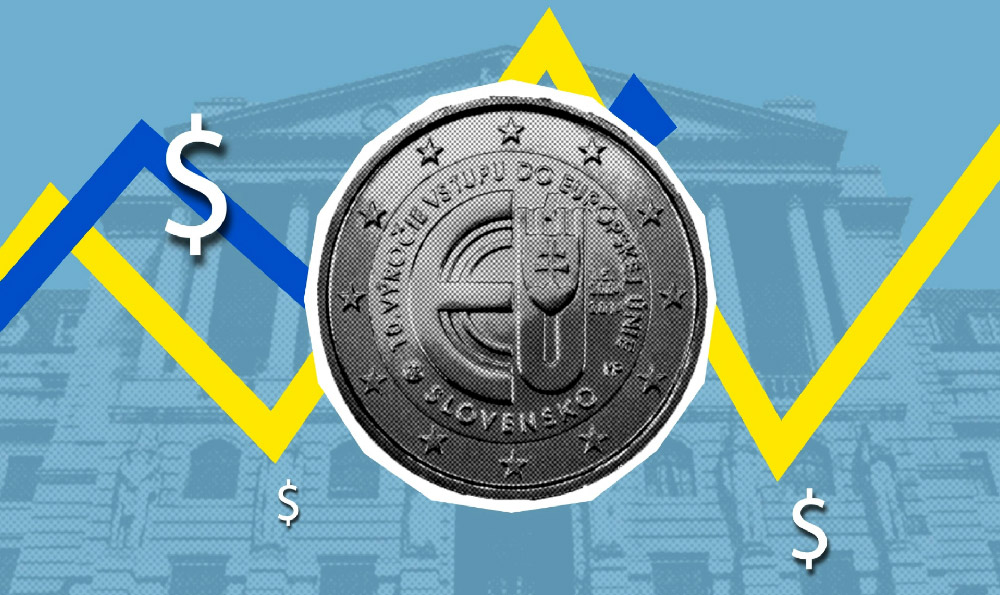How Does the Mafia Profit? What are Their Revenue Streams?

The Mafia, a term synonymous with organized crime, generates its considerable wealth through a diverse and often brutal portfolio of illicit activities. While the exact figures remain shrouded in secrecy due to the very nature of their operations, understanding their revenue streams provides insight into their enduring influence and the challenges in combating them. The Mafia’s profitability hinges on a combination of traditional rackets and adapting to modern economic opportunities.
One of the oldest and most deeply ingrained sources of Mafia income is extortion, often disguised as "protection" rackets. Businesses, particularly small and medium-sized enterprises, are coerced into paying regular fees to the Mafia in exchange for "protection" from vandalism, theft, and other forms of harassment – often orchestrated by the Mafia themselves. This protection is, in reality, a form of intimidation and forced taxation. Failure to comply can result in significant damage, violence, or even death, making it a lucrative and fear-based source of revenue. These activities are pervasive in specific regions, creating a climate of fear that stifles legitimate economic growth and innovation.
Gambling, both legal and illegal, constitutes a significant portion of the Mafia's revenue. Historically, they controlled illegal gambling dens, sports betting operations, and numbers games. Even with the legalization of gambling in many areas, the Mafia continues to profit by offering unregulated and often more accessible alternatives, particularly to vulnerable populations. They might operate illegal casinos, manipulate legal gambling outcomes, or engage in loan sharking to gamblers, further solidifying their control and extracting profits. This intertwining of legal and illegal gambling activities makes it difficult to track and dismantle their operations completely.

The infiltration and control of labor unions represent another critical avenue for Mafia profits. By manipulating union elections or intimidating union leaders, the Mafia can gain control over construction projects, dockyards, and other industries that rely heavily on union labor. This allows them to skim wages, demand kickbacks from contractors, and secure lucrative contracts for Mafia-controlled businesses. The construction industry, in particular, is vulnerable to Mafia influence due to the large sums of money involved and the complexities of the bidding process. The ramifications extend beyond mere financial gain, as it undermines worker rights and safety standards.
Drug trafficking, a relatively more recent but incredibly lucrative enterprise, has become a cornerstone of Mafia operations worldwide. The Mafia acts as distributors, transporters, and even producers of various illicit drugs, from heroin and cocaine to methamphetamine and marijuana. Their established networks, organizational structure, and access to corrupt officials enable them to move large quantities of drugs across borders and within communities with relative ease. The immense profits generated from drug trafficking are then often laundered through legitimate businesses, further obscuring the origins of the funds and strengthening their economic power.
Beyond these core activities, the Mafia also engages in a range of other criminal enterprises, including fraud, money laundering, and trafficking in various commodities. Fraud schemes can involve insurance scams, healthcare fraud, and investment fraud, preying on individuals and institutions alike. Money laundering is essential for disguising the illicit origins of their funds, allowing them to invest in legitimate businesses and real estate, further legitimizing their operations and integrating them into the mainstream economy. Trafficking can involve anything from stolen goods and counterfeit products to human trafficking, exploiting vulnerable individuals for profit.
Furthermore, the Mafia demonstrates a concerning ability to adapt to changing economic landscapes and exploit emerging opportunities. In recent years, there has been evidence of Mafia involvement in areas such as cybercrime, including online fraud, hacking, and ransomware attacks. These digital activities offer a new frontier for illicit profits, allowing them to operate with greater anonymity and reach a wider audience. The anonymity provided by the internet and the complexity of cybercrime investigations pose significant challenges to law enforcement efforts to combat this evolving threat.
Another area of adaptation is in the manipulation of public contracts and subsidies. The Mafia will often infiltrate local government and use bribery and corruption to influence the awarding of contracts for public works projects. They then inflate costs, use substandard materials, and skim profits, leaving taxpayers to foot the bill. This not only generates illicit wealth but also undermines public trust in government and contributes to a cycle of corruption. They might also exploit agricultural subsidies and other government programs, claiming fraudulent payments and diverting funds for their own purposes.
The ramifications of the Mafia’s diverse revenue streams are far-reaching and detrimental to society. Their activities contribute to corruption, undermine the rule of law, and stifle economic growth. The fear and intimidation they instill in communities make it difficult for legitimate businesses to thrive, and the exploitation of vulnerable individuals through drug trafficking and human trafficking has devastating consequences.
Combating the Mafia requires a multi-faceted approach that targets their economic infrastructure, disrupts their criminal networks, and addresses the underlying social and economic conditions that allow them to flourish. Law enforcement agencies need to enhance their capabilities in investigating financial crimes, tracing illicit funds, and seizing assets derived from criminal activity. Strengthening anti-corruption laws and promoting transparency in government contracting are essential for preventing the Mafia from infiltrating public institutions. Additionally, supporting communities that are vulnerable to Mafia influence by providing economic opportunities, social services, and education can help break the cycle of crime and poverty. International cooperation is also crucial, as the Mafia often operates across borders and collaborates with other criminal organizations. Sharing information, coordinating investigations, and extraditing criminals are essential for disrupting their global networks.














